Russian President Putin attends a ceremony at St. George the Victorious Christian Church on the start of Orthodox Christmas Day
Russian President Putin Attends Orthodox Christmas Ceremony at St. George the Victorious Church
On the evening of January 6, 2025, Russian President Vladimir Putin marked the start of Orthodox Christmas Day by attending a special ceremony at the St. George the Victorious Christian Church in Moscow. The event, which was held to celebrate the birth of Christ according to the Eastern Orthodox Church’s liturgical calendar, was a significant moment in Russia’s religious and cultural life. The ceremony underscored the close relationship between the Russian government and the Russian Orthodox Church, as well as the importance of Orthodox Christmas in the nation’s spiritual and social fabric.
The Significance of Orthodox Christmas
Orthodox Christmas, celebrated on January 7, follows the Julian calendar, which differs from the Gregorian calendar used by much of the Western world. For millions of Christians in Russia and other countries that follow the Eastern Orthodox tradition, this holiday marks the birth of Jesus Christ. The celebration is deeply spiritual, centered around church services, family gatherings, and the honoring of long-held religious traditions.
In Russia, Orthodox Christmas is observed as a public holiday, although it has not traditionally been as widely celebrated in the same commercialized manner as Christmas in Western countries. However, over the past few decades, the holiday has grown in prominence, especially after the collapse of the Soviet Union, with the Russian Orthodox Church playing a central role in reviving religious practices and customs associated with Christmas.
Putin’s Presence at the Ceremony
Putin’s attendance at the ceremony at St. George the Victorious Christian Church was a powerful symbolic gesture, reaffirming the importance of religion in Russian public life. The Russian government has long maintained close ties with the Russian Orthodox Church, which is seen as an important institution in preserving Russian identity, culture, and values. By participating in Orthodox Christmas celebrations, Putin emphasized the state’s commitment to supporting religious traditions and fostering a sense of unity and national pride.
The church service, which was attended by a large congregation of clergy and parishioners, included traditional prayers, hymns, and scripture readings. President Putin was seen interacting with Church officials, including Patriarch Kirill of Moscow, the head of the Russian Orthodox Church, who played a key role in leading the religious service. The patriarch’s influence has been growing steadily, and his relationship with the Kremlin has been marked by mutual support on various social and political matters, including issues related to family values, education, and national identity.
The Role of the Russian Orthodox Church in Society
The Russian Orthodox Church has always held a prominent place in Russian society, even during periods of secular governance, such as the Soviet era. Since the fall of the Soviet Union in 1991, the church has regained its role as a spiritual and cultural pillar, with the government under Putin’s leadership providing significant support for religious revival across the country. The church has also gained influence in the social and political spheres, particularly regarding matters of morality, family, and tradition.
Putin’s connection to the Russian Orthodox Church is evident in his frequent public appearances at religious ceremonies and his vocal support for the church’s values. This relationship has solidified his image as a defender of traditional Russian values, countering what is often perceived as the erosion of these values in Western societies. By attending Orthodox Christmas services, Putin underscores the importance of faith as a unifying force for the Russian people, particularly in the face of geopolitical challenges and cultural shifts.
A Celebration of Unity and National Pride
The Orthodox Christmas ceremony, with President Putin in attendance, serves as a reminder of the deep cultural and spiritual ties that bind the Russian people. For many, Christmas is not only a religious celebration but also a time for reflection on Russia’s history, its traditions, and its resilience in the face of modern challenges.
The timing of the Orthodox Christmas holiday also aligns with Russia’s broader national themes of strength, unity, and patriotism. The celebration provides an opportunity for Russians to come together as a community, reaffirm their national identity, and take pride in their shared heritage.
As Russia continues to navigate complex political and international dynamics, Orthodox Christmas serves as a moment for the nation to focus inward, emphasizing unity and continuity in a rapidly changing world. The presence of President Putin at such events, as well as the government’s ongoing support for the Russian Orthodox Church, reinforces the idea that Russia’s spiritual and cultural traditions are integral to its sense of self and its global identity.
Orthodox Christmas Amid Global Tensions
Putin’s attendance at the ceremony also takes place against the backdrop of ongoing international tensions, particularly in relation to Russia’s geopolitical stance and its involvement in various global conflicts. As Russia faces growing isolation from the West due to its actions in Ukraine and other international matters, the importance of religious and national symbols becomes even more pronounced. The Russian Orthodox Church provides a source of strength and continuity for the Russian people, offering a sense of spiritual connection and stability.
For President Putin, Orthodox Christmas is an opportunity to present himself as the guardian of Russian values, not just within Russia’s borders, but on the world stage. His public participation in such ceremonies further reinforces the narrative that he is leading Russia through challenging times, drawing strength from its deep religious and cultural traditions.
Looking Ahead: The Future of Orthodox Christmas in Russia
As Russia continues to evolve socially and politically, the role of the Russian Orthodox Church in national life is expected to remain central. The celebration of Orthodox Christmas, with its blend of religious devotion and national pride, will likely continue to play a key role in uniting the country and reinforcing its cultural identity.
Looking forward, the Russian government’s support for Orthodox Christianity is likely to persist, with more emphasis on the role of religion in shaping the values and direction of the country. The increasing prominence of Orthodox Christmas and its connection to national pride suggests that it will remain an important event for both religious and secular segments of Russian society.
In Conclusion
President Putin’s attendance at the Orthodox Christmas ceremony at St. George the Victorious Christian Church is more than just a personal or religious gesture; it is a statement of unity and national pride. In a time of global challenges, the Russian Orthodox Church serves as an anchor for the nation, helping to foster a sense of shared identity and purpose. For Russia, Orthodox Christmas is not only a celebration of faith but also a reaffirmation of the country’s traditions, values, and resilience. Through events like these, the Russian government, led by Putin, highlights the deep connection between the state, the church, and the Russian people, reinforcing the importance of cultural continuity in the face of an ever-changing world.
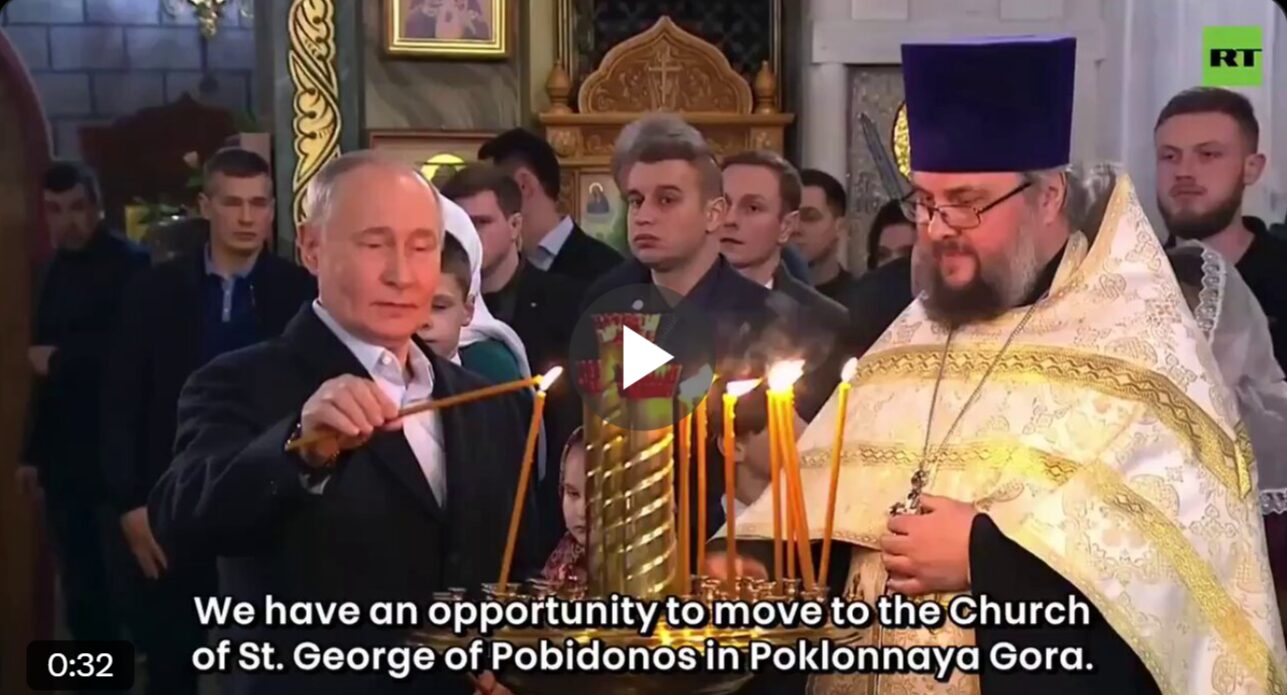
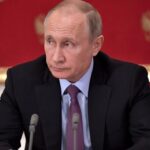
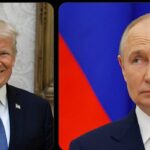
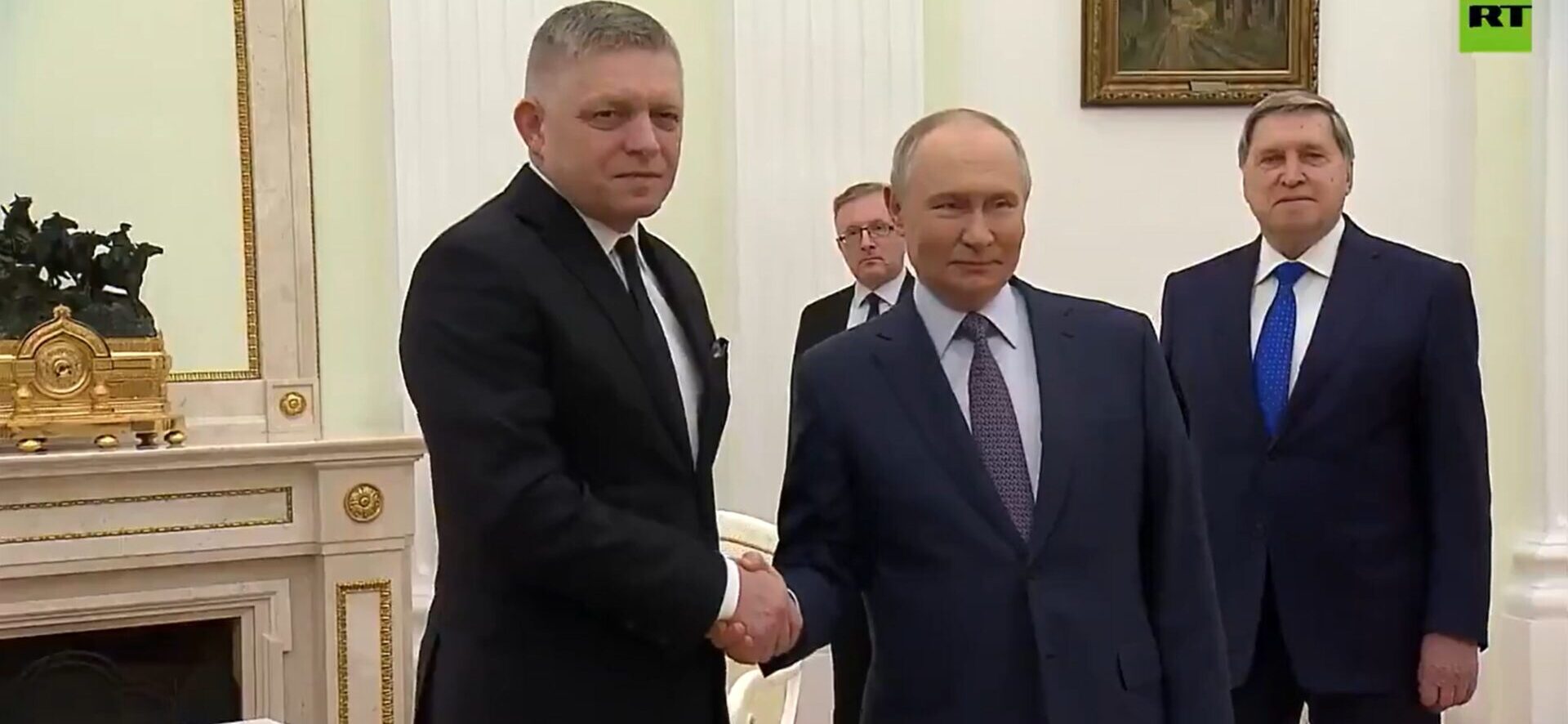
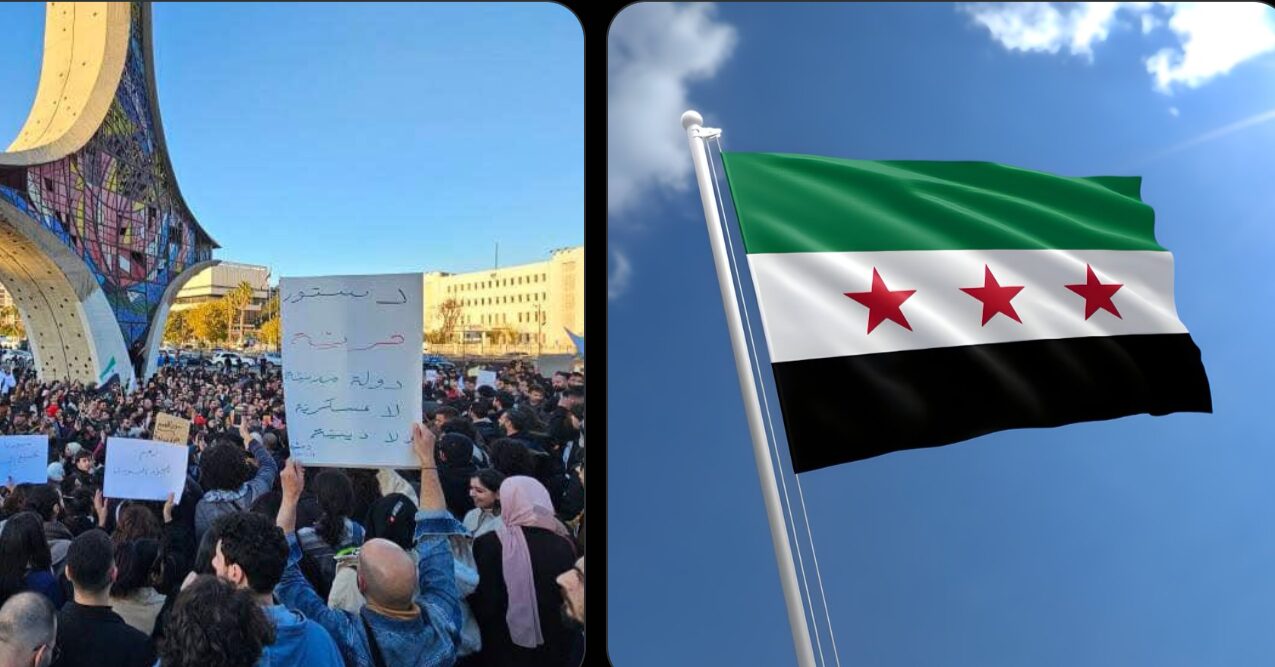
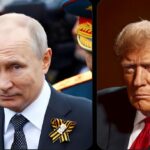
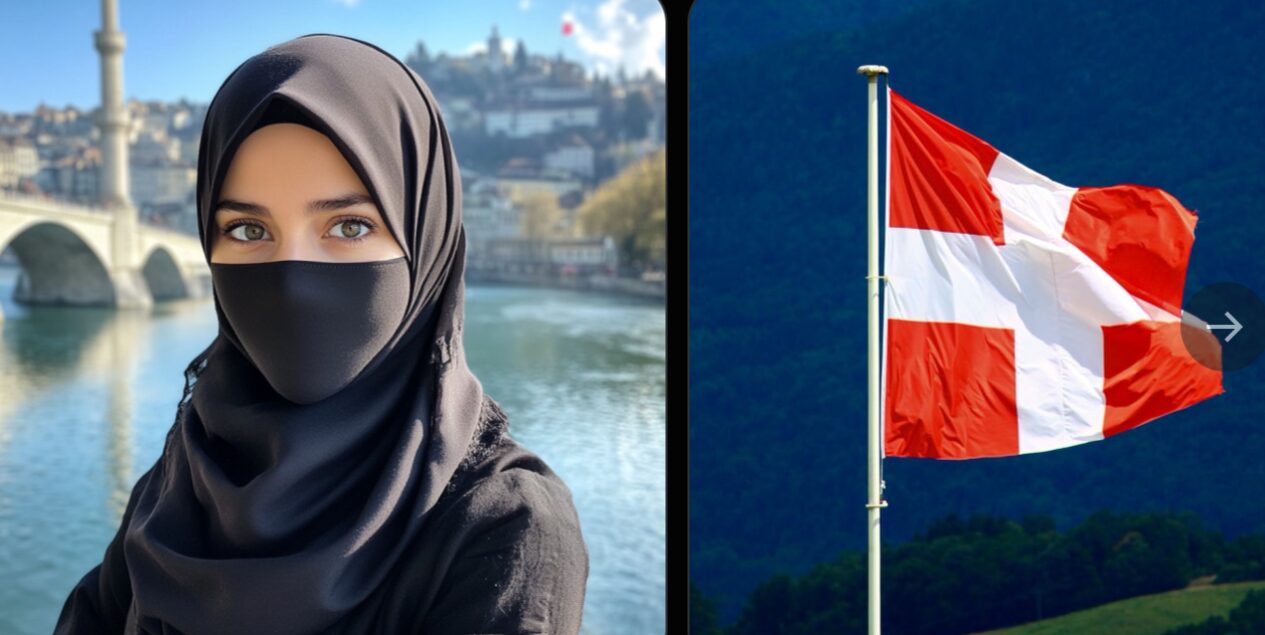
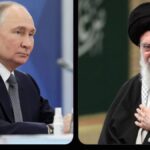
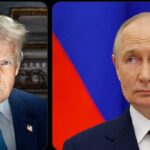








Post Comment